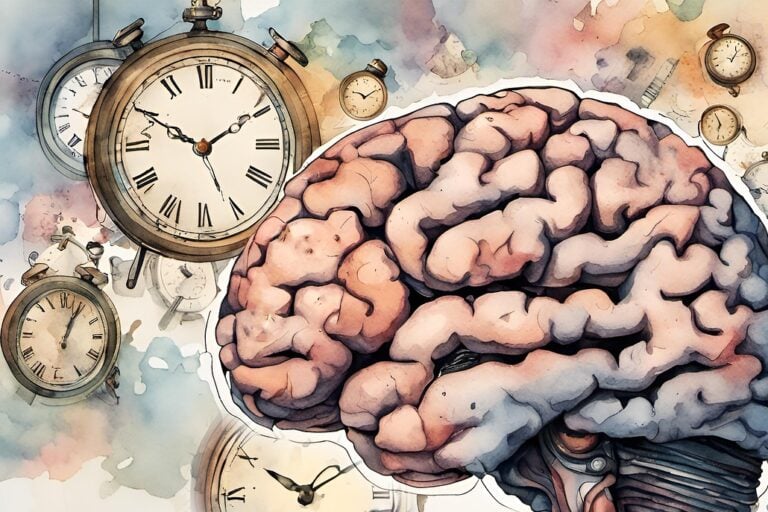
Make Time, Fight Dementia
New research shows that “time poverty” — not just poor habits — may quietly raise your dementia risk.

New research shows that “time poverty” — not just poor habits — may quietly raise your dementia risk.
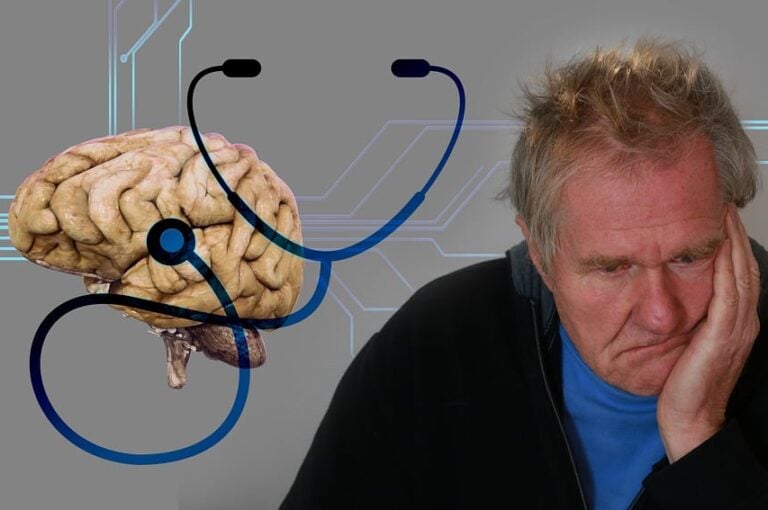
A major study finds up to 13% of people diagnosed with dementia may actually have a treatable liver-brain disorder called hepatic encephalopathy. The discovery could change how doctors and families approach memory loss in older adults.

A simple blood test was newly approved, replacing spinal taps and brain scans for ruling out Alzheimer’s. The FDA has just cleared Roche’s Elecsys® pTau181 — the first test shown to rule out Alzheimer’s with 98% accuracy, offering peace of mind and earlier answers for millions.

The biggest-ever study of genetic and observational data now suggests no safe level of alcohol when it comes to dementia risk. Could even “light drinking” be harmful?
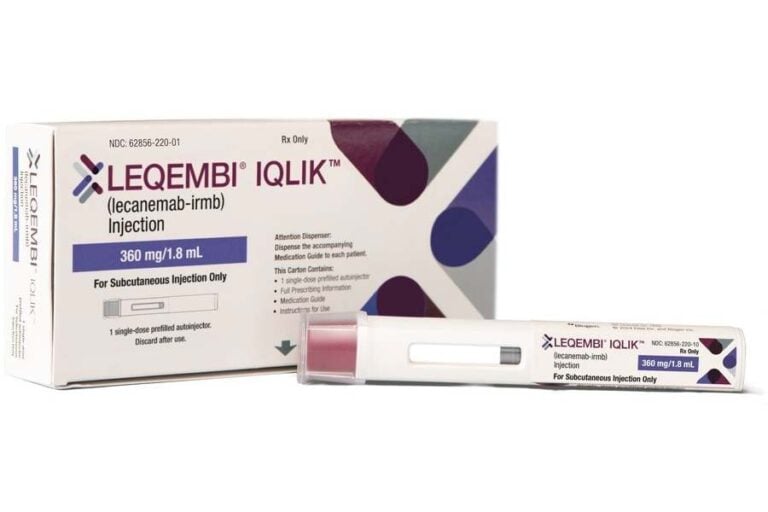
IMAGINE THIS: Instead of going to an infusion center for treatment, you can switch to a weekly injection at home. That’s now a reality for many Alzheimer’s patients.

Simple, low-cost lifestyle changes can significantly slow or prevent cognitive decline. New research offers hope for families, caregivers, and anyone invested in brain health.

Women face a higher risk of Alzheimer’s. New research shows that low omega-3 levels may be a hidden factor—and boosting intake through diet or supplements could offer protection.
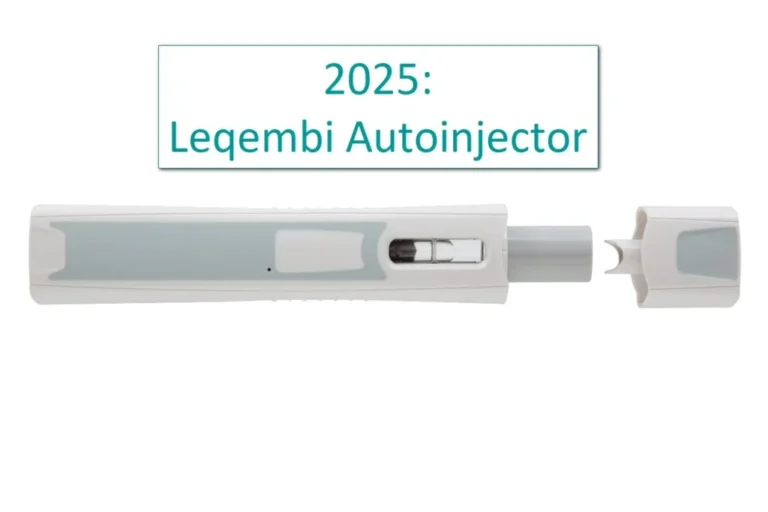
Caring for someone with Alzheimer’s is demanding enough. Now, instead of traveling for hours of infusions, families can turn to Leqembi IQLIK—a once-weekly injection approved by the FDA that makes treatment simpler, safer, and closer to home.

So many people wait years for a dementia diagnosis—long after symptoms begin. Why? And what can we do about it now?
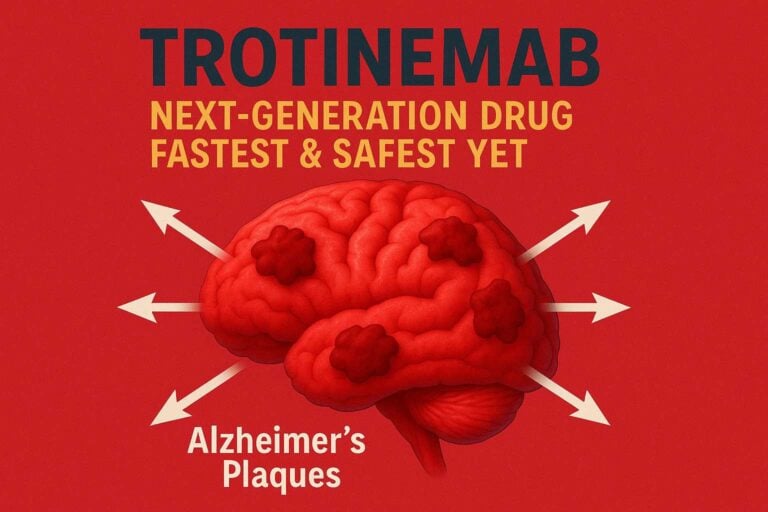
Trontinemab, an experimental drug developed by Roche, has sparked excitement in large trials for slowing Alzheimer’s faster and safer than anything before.

The smallest act of kindness is worth more than The grandest intention. Oscar Wilde

Memory failing? New research shows you may need help, but not for dementia. Memory slips, stress and fatigue are growing in people with healthy memory.

When Memory Loss Becomes Invisible to Those Who Need Help Most

Researchers in Florida find that robotic pet cats improve mood, behavior and cognition in older adults with mild to moderate dementia. Find out more.

Ketone-rich diets increase the SIRT3 protein that protects neurons from death during the progression of Alzheimer’s disease. But how does it work? Find out more.

Memory failing? New research shows you may need help, but not for dementia. Memory slips, stress and fatigue are growing in people with healthy memory.

People worry about becoming forgetful. Is it the first sign of Alzheimer’s or just the passing years? After all, forgetfulness is a normal part of aging. Check out these quick ways to tell the difference.
No spam, only news and updates.


